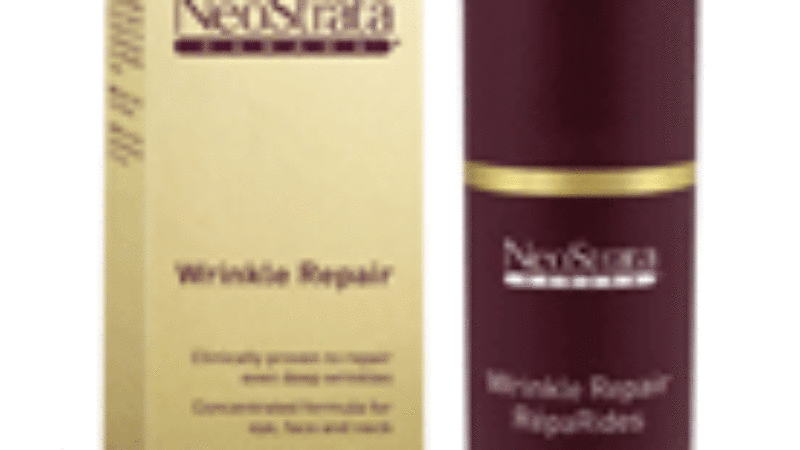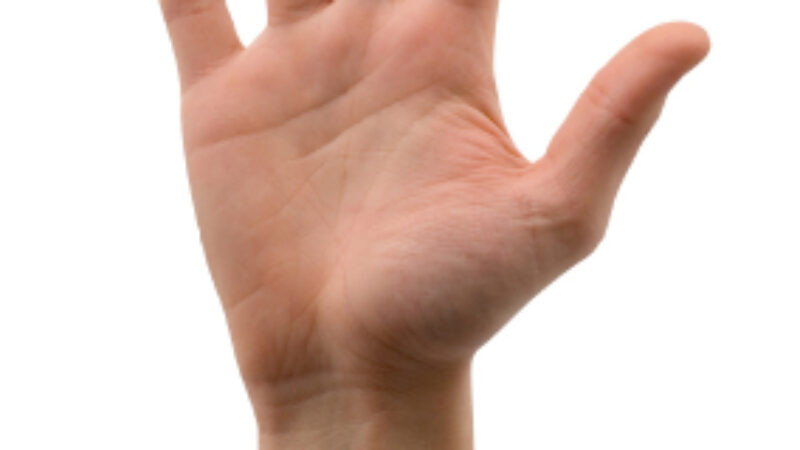Dry skin, flaking, itching, cracking, and even bleeding… these are some of the symptoms that skin can exhibit with the more serious cases leading to eczema. In severe cases of eczema, itching can lead to infection. According to the National Institute of Allergy and Infectious Disease, up to 30% of the U.S. population is affected by eczema. Unfortunately, there’s no known cure and the objective of most treatments is to simply provide relief from the symptoms.
There is a substantial amount of evidence from clinical studies that essential fatty acids (EFAs) are an effective treatment. Through both topical application and consumption, they help to maintain cell structure and function keeping skin moisturized, smooth and healthy. EFAs have also been shown to have an anti-inflammatory effect on the skin, providing a level of relief from symptoms associated with eczema.
What Are Essential Fatty Acids?
Essential fatty acids are valuable because they help keep skin healthy. They cannot be produced from within the body and therefore must be delivered through a person’s diet or through topical solutions. The two EFAs are truly essential include Linoleic Acid (LA) and Alpha Linolenic Acid (ALA). LA and ALA are used to produce other fatty acids, which play specific roles in the maintenance of good health. The fatty acids derived from ALA and LA include Gamma Linolenic Acid, Eicosapentaenoic Acid (EPA), and Docosahexaenoic Acid (DHA).
Decades Of Research
Beginning in the 1930’s, scientists noted a link between a deficit in Omega-6 fatty acids and inflammation of the skin. Studies by Burr and Burr, as well as those by AE Hanson, proved that there was a correlation between atopic eczema and a shortage of particular fatty acids. Placebo-controlled experiments were conducted starting in the 1950’s to test the results of topical steroids containing Omega-6 fatty acids. The results supported earlier findings: the topical application of certain fatty acids inhibited the symptoms of eczema. Further research during the 1980’s showed that administering linoleic acid (through evening primrose oil) to adults with atopic eczema also had an anti-inflammatory effect on their symptoms.
Relieving Symptoms Of Eczema
By providing moisture to the skin, essential fatty acids prevent dryness and flaking. Patients can find relief from severe itching and other symptoms by taking dietary supplements and applying creams that contain these fatty acids. The FDA has approved the use of topical prescriptions such as Protopic for treating symptoms related to eczema. Aside from a doctor’s prescription, here are 3 alternative solutions to consider:
Thorne Fish Oil – These gel caps, containing an Omega-3 fatty acid, make an ideal dietary supplement.
Sharmani Pillay Daily Essentials Supplements</a> – These supplements provide a daily dose of vitamins, minerals ane EFAs essential to overall wellness and skin health.
Lipikar Lipid Replenishing Cream – This soothing, moisturizing formulation delivers essential fatty acids to the skin, replenishing dry skin with soothing lipids. It repairs the skin’s protective barrier from irritants that can trigger symptoms related to eczema.





I didn’t realize that EFAs could also be applied topically with good results. I have included fish in my diet but really don’t care for it. Will be looking into this more. Thanks for the info.